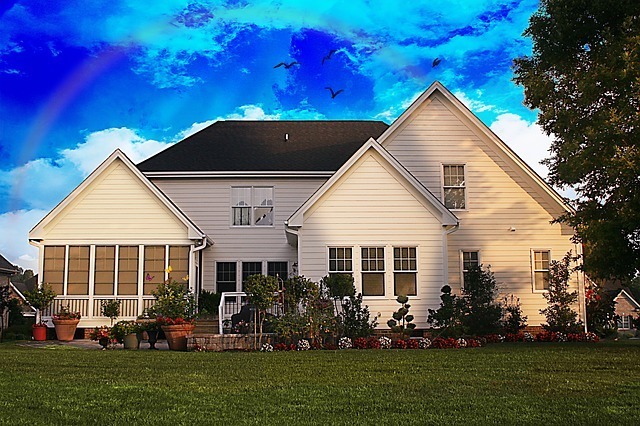If you are building a new house or are doing a major renovation, this article is for you. With attention to details and with little additional cost, you can soundproof your house and build it to be quiet and pleasant. I will outline the main points to making your new house quiet and enjoyable.
More...
Soundproofing your house - house layout
How you layout your house has a major effect on how sound propagates through the house. For example, if you want to soundproof your house, popular open plan design is not suitable. Open space without walls cannot prevent the propagation of noise. Some people have a home theatre in the basement without doors and with an open staircase to upstairs. In such a house it is not reasonable to expect that noise from the home theatre will not be audible upstairs and throughout the house.
To have a reasonable level of acoustic separation between different parts of the house, follow the principles described next.
Soundproofing doors
Key elements of door soundproofing:
Soundproofing interior walls
All interior partitions between rooms and between rooms and common areas should have stud cavities filled with insulation. Rock wool insulation is best, but fiberglass insulation is almost as good and cheaper. This treatment ads about 2 to 3 STC (Sound Transmission Class) to the sound attenuation of a hollow wall. Subjectively this is about a 10% reduction in the amount of noise that penetrates the wall.
Soundproofing ceilings
Ceilings also need to be built better than the usual construction with drywall attached to joists without insulation in joist cavities. At a minimum, use resilient channels between drywall and joists. Two-layers of drywall over the resilient channels are better than one layer. Always install insulation in joist cavities. This treatment improves airborne noise sound attenuation of the ceiling/floor assembly and also reduces impact noise (footsteps) that are audible below.
Soundproofing air distribution
Supply and return air ducts are potential paths for noise transfer between spaces in the house that may not even be immediately adjacent to each other. This problem is often overlooked by contractors. In most cases, it needs to be addressed with silencers, or with acoustically treated ducts.
Soundproofing plumbing
Many people think that the sound of toilet flushing and water faucets running is inevitable. However, this noise source is easy to dampen during construction. Wrap drain pipes in sound-attenuating warp and attach water pipes to structure with rubber mounts.
Soundproofing exterior noise
To minimize exterior and traffic noise, choose good quality windows with specified noise attenuation performance. Even more important, if your house is in a high noise area, make sure that exterior walls are from bricks, not stucco.
Special soundproofing situations
Your house renovation may include situations that require specialized expertise to handle properly. This includes home theater soundproofing and music practice room soundproofing. Never undertake these projects without the expertise of a building acoustics engineer. I get often called to fix projects botched by well-meaning but incompetent contractors. It is always much more expensive to fix a job than to do it right the first time.
If you would like to get a no obligation quote from the author of this article for a soundproofing consultation in the Toronto area, click on the button below.
We always appreciate reader’s feedback. Please submit your comments using the form below. Your email address and message are completely private, accessible only by the author.
